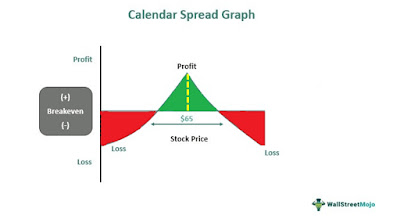Escaping the Inferno of Economic Uncertainty and Tending your own Financial Fire

Economic instability is like battling a raging wildfire with no clear path to safety. You can easily get caught off guard and not even know where to start. What we need to do first is take some stock of how we got here. This began as a dumpster fire and was fueled by many different sparks before it got so ablaze. A legacy of kicking the gas can down the road to disguise economic downturns has been like a Molotov cocktail; exploding inflation that has spiraled out of control. Incompetent and malevolent governments lit the fuse of global political tensions, with seemingly nobody fit to put out the flames. These factors have created a financial reality, where everything from your retirement portfolio to the cost of your weekly groceries swings wildly, leaving responsible Canadians feeling like the whole house of cards is burning down. How Markets Move in Uncertain Times When uncertainty strikes, markets dance to their own wild rhythm. Stocks can be jittery, prices bouncing around as...

.png)
